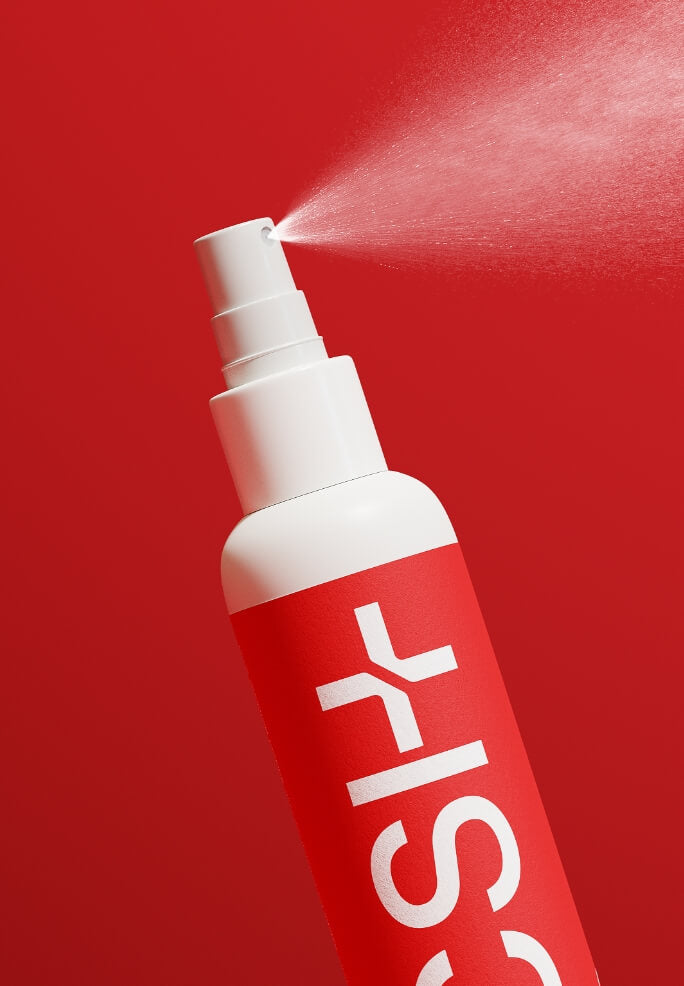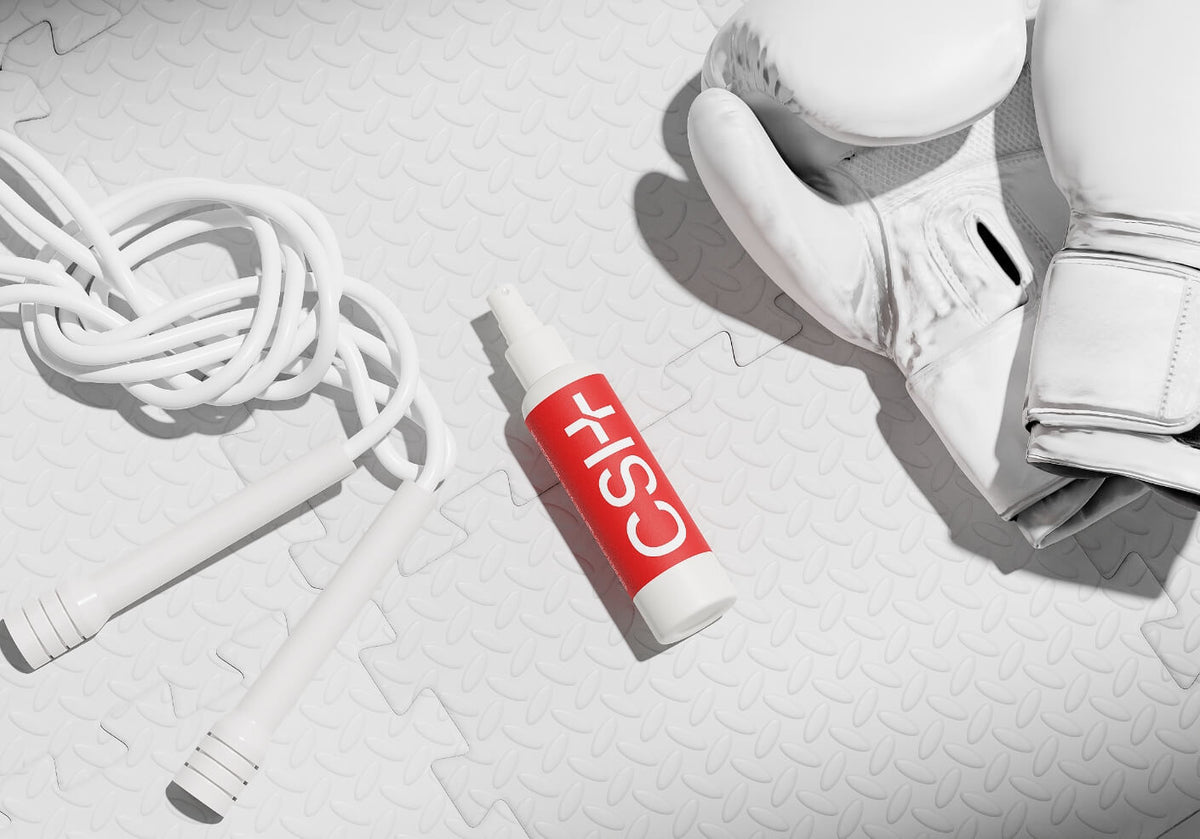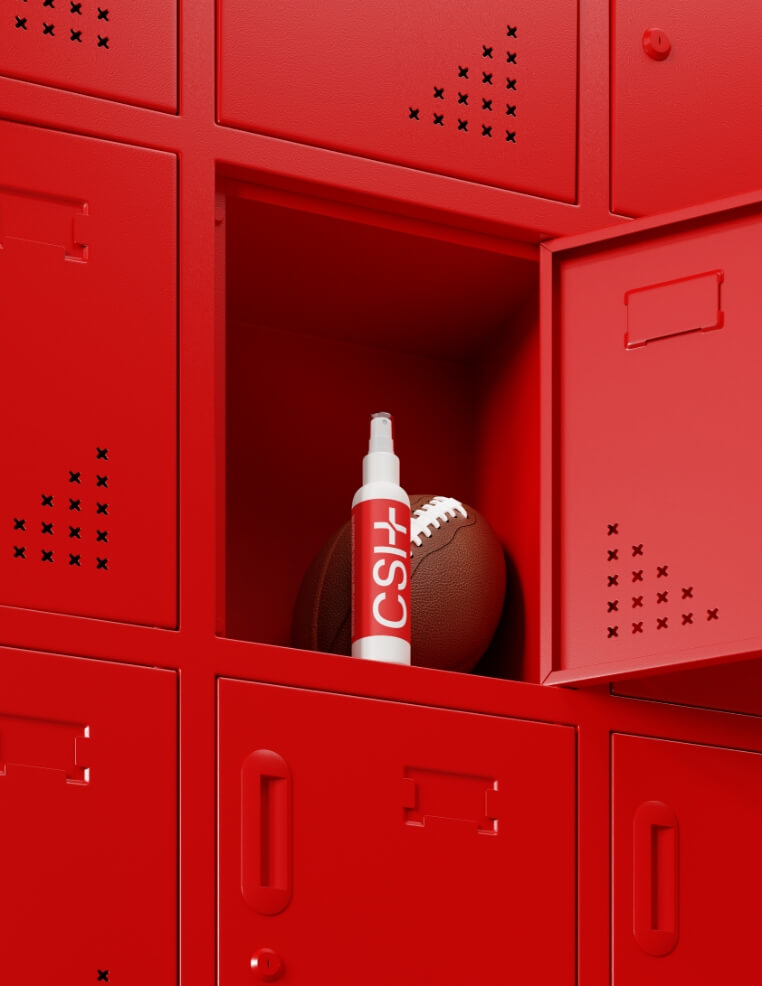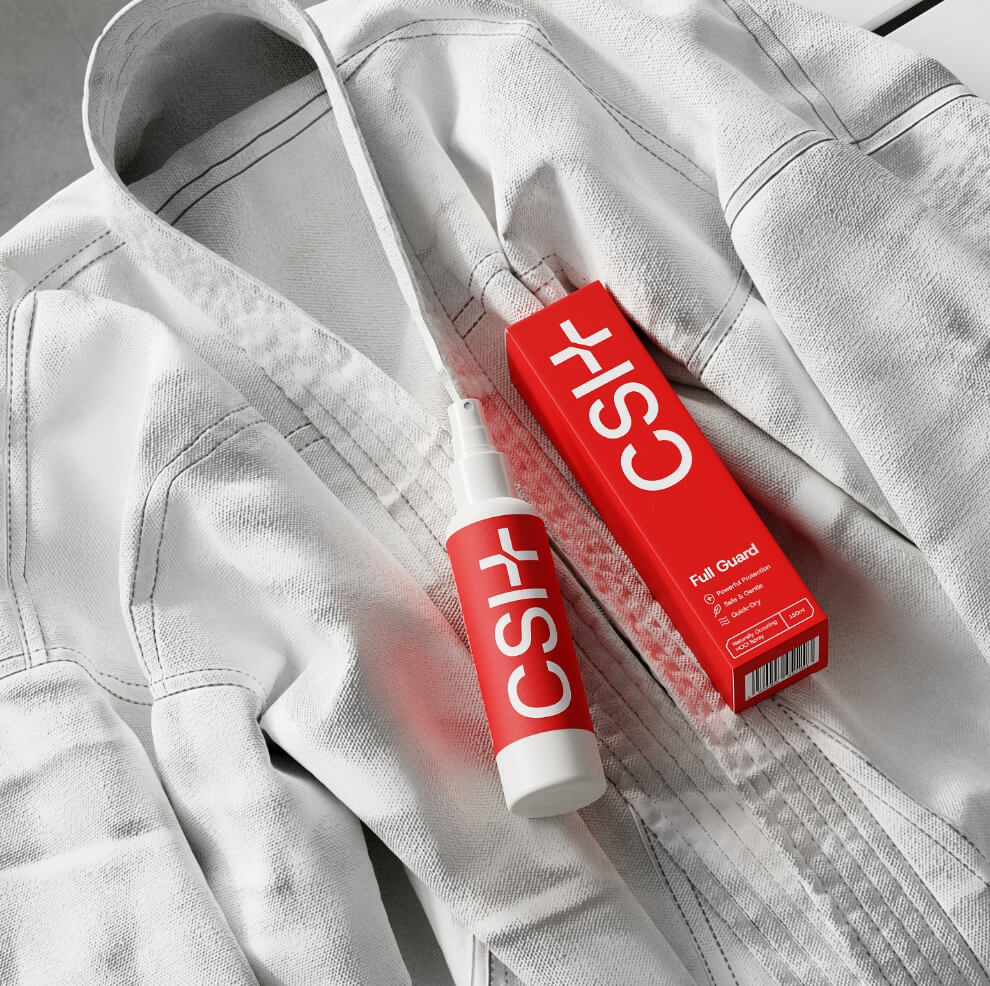Medical Advisors and Product Consultation
Our Medical Officer – Dr. Asoka Wijayawickrama

Combat Sports Hygiene is proud to have Dr. Asoka Wijayawickrama as our Chief Medical Officer. A graduate of King’s College London with over 25 years of medical experience, Dr. Asoka has worked across surgery, general practice, and occupational medicine. Today, he is a GP partner in West London, a GP trainer, and Programme Director for the Hillingdon GP training scheme, as well as an examiner at Imperial College London. Beyond his NHS work, Dr. Asoka is deeply embedded in combat sports: Brazilian jiu-jitsu, MMA and is a ringside physician at major events such as Cage Warriors and Misfits Boxing. His unique blend of frontline medical expertise and athlete experience makes him the ideal voice to guide CSH’s mission.
With Dr. Asoka leading our medical team, CSH is firmly rooted in both science and sport. He knows first-hand how devastating skin infections like staph, ringworm, and impetigo can be for athletes — sidelining training, costing competition time, and even leading to serious health risks. That’s why he champions Full Guard, our hypochlorous-acid based spray, as a simple, effective, and skin-safe solution to reduce those risks. Under his guidance, CSH is not just another hygiene brand — we’re setting the medical standard for athlete protection, helping gyms and fighters stay safe, healthy, and on the mats.
Dr. Samujjala Deb Chatterjee – Dermatologist

"Skin infections are a prevalent concern in contact sports due to the combination of frequent skin-to-skin contact, shared equipment, and exposure to contaminated surfaces. Athletes in sports such as Brazilian Jiu-Jitsu, wrestling, mixed martial arts, rugby, and American football are particularly susceptible to infections caused by bacteria, fungi, and viruses. Common conditions include bacterial infections such as impetigo and methicillin-resistant Staphylococcus aureus (MRSA), fungal infections such as ringworm (tinea corporis) and athlete’s foot (tinea pedis), and viral infections such as herpes gladiatorum and molluscum contagiosum. These infections thrive in the warm, moist environments created by excessive sweating, compounded by the close-contact nature of these sports. Traditional preventative measures include frequent showering, wearing breathable clothing, avoiding shared personal items, and using antimicrobial agents such as chlorhexidine gluconate, alcohol-based sanitizers, and quaternary ammonium compounds. However, these methods are often insufficient, and prolonged use of harsh antimicrobial agents can disrupt the skin’s natural microbiome, leading to irritation, increased susceptibility to infections, and antimicrobial resistance. Recent research has identified hypochlorous acid (HOCl) as a highly effective alternative. Naturally produced by the immune system, HOCl has been shown to eliminate 99.99% of harmful microbes, including Staphylococcus aureus, MRSA, fungi, and viruses, without damaging the skin barrier or contributing to microbial resistance. As a non-toxic, skin-compatible antimicrobial, HOCl offers a promising advancement in sports hygiene, providing athletes with a safer and more effective solution for preventing skin infections while preserving the integrity of their skin microbiome.
Dr. Samujjala Deb Chatterjee is a board-certified dermatologist, medical writer, and researcher with expertise in clinical dermatology, cosmetic formulation, and biomedical research. With a strong background in dermatologic science, she has worked extensively in healthcare consulting, content development, and peer-reviewed medical publications.
Her professional experience spans editorial roles in leading dermatology journals, scientific content creation, and continuing medical education (CME) content development. She has contributed to the Indian Journal of Dermatology, the Indian Journal of Pediatric Dermatology, and Cosmoderma, among others. Additionally, her work includes editing and reviewing scientific literature to ensure accuracy and evidence-based credibility.
Dr. Chatterjee’s interests lie in aesthetic and cosmetic dermatology, dermatologic research, and infectious disease prevention in sports and clinical settings. She holds an MD in Dermatology, Venereology, and Leprology and a Post-Doctoral Fellowship in Dermatosurgery and Lasers.
As a medical advisor for Full Guard, Dr. Chatterjee brings her expertise in skin health and infection control, reviewing the scientific basis of hypochlorous acid (HOCl) in sports hygiene. Her role ensures that Full Guard maintains scientific accuracy and dermatological integrity, providing athletes with a trusted, research-backed solution for skin protection in contact sports.
Dr Jen Mae Low - Infectious Disease Expert

Dr Jen Mae Low is an Infectious Diseases and Microbiology resident doctor
based in London. She graduated from Imperial College in 2015 and has since returned to her alma mater as a
Clinical Research Fellow. Her research investigates the immune response to respiratory viral infections,
including COVID-19, influenza, and respiratory syncytial virus (RSV). She is currently pursuing an MD(Res)
which focuses on defining novel correlates of protection that will facilitate more effective treatments and
vaccines against RSV.
Following the peak of the COVID-19 pandemic, she embarked on a Master’s in Public Health at the Harvard Chan School of Public Health and contributed to the IAPAC-Lancet HIV Commission on the Future of Urban HIV Responses. She hopes that the knowledge and skills gained from her experience will be valuable in addressing health inequities and widening access to vaccines and therapeutics in the future.



